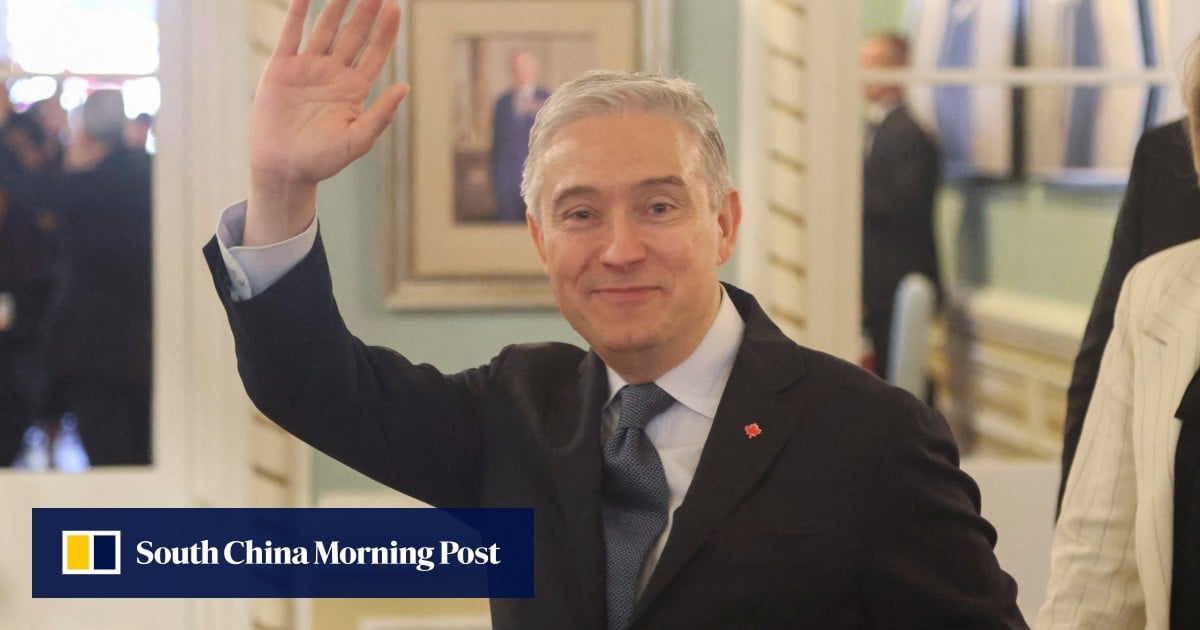Japan and U.S. Pledge to Coordinate on FX Market Volatility - But No Specific Targets Set

Tokyo, Japan – In a move aimed at calming global financial markets rattled by recent currency fluctuations, Japanese Finance Minister Katsunobu Kato and U.S. Treasury Secretary Scott Bessent held discussions emphasizing the need for close coordination on foreign exchange rate management. The meeting, held recently, underscored a shared commitment to monitoring market developments and taking appropriate action to address excessive volatility.
While the discussions were closely watched by investors worldwide, both officials were careful to avoid setting specific targets for currency levels. This approach reflects a nuanced strategy, recognizing the complexities of currency markets and the potential pitfalls of rigid intervention policies. Instead, the focus was on a collaborative approach to assess market conditions and respond proactively.
Why the Focus on Coordination?
The recent surge in the yen’s value against the dollar, and similar movements in other major currencies, have raised concerns among businesses and policymakers. Sharp and unpredictable currency swings can disrupt trade, impact corporate earnings, and create uncertainty in the global economy. The coordinated response between Japan and the U.S., two of the world’s largest economies, signals a desire to mitigate these risks and promote stability.
“We are closely monitoring exchange rate movements and their potential impact on the Japanese economy,” stated Minister Kato in a press briefing following the meeting. “We will continue to work with our international partners, including the United States, to ensure orderly market conditions.”
Secretary Bessent echoed this sentiment, emphasizing the importance of open communication and cooperation. “The U.S. and Japan share a common interest in a stable and predictable global financial system,” he said. “We are committed to working together to address any challenges that may arise.”
Avoiding Specific Targets: A Strategic Decision
The absence of specific currency level targets is a deliberate choice, driven by several factors. Firstly, attempting to rigidly control currency values can be costly and ultimately ineffective, as market forces often overwhelm intervention efforts. Secondly, setting targets can create unintended consequences, such as encouraging speculative trading and distorting market signals.
Instead, the emphasis on coordination allows both countries to respond flexibly to evolving market conditions. This approach provides room for maneuver and avoids the appearance of a pre-determined policy path, which could be exploited by speculators.
What’s Next?
The commitment to ongoing dialogue and collaboration between Japan and the U.S. is likely to continue. Financial officials from both countries are expected to maintain regular communication to assess market developments and coordinate policy responses as needed. The key will be to strike a balance between monitoring market volatility and allowing for natural currency fluctuations.
The global economic landscape remains uncertain, with inflation, rising interest rates, and geopolitical tensions all contributing to market volatility. The coordinated efforts of major economies like Japan and the U.S. will be crucial in navigating these challenges and fostering a stable and sustainable global financial system.






